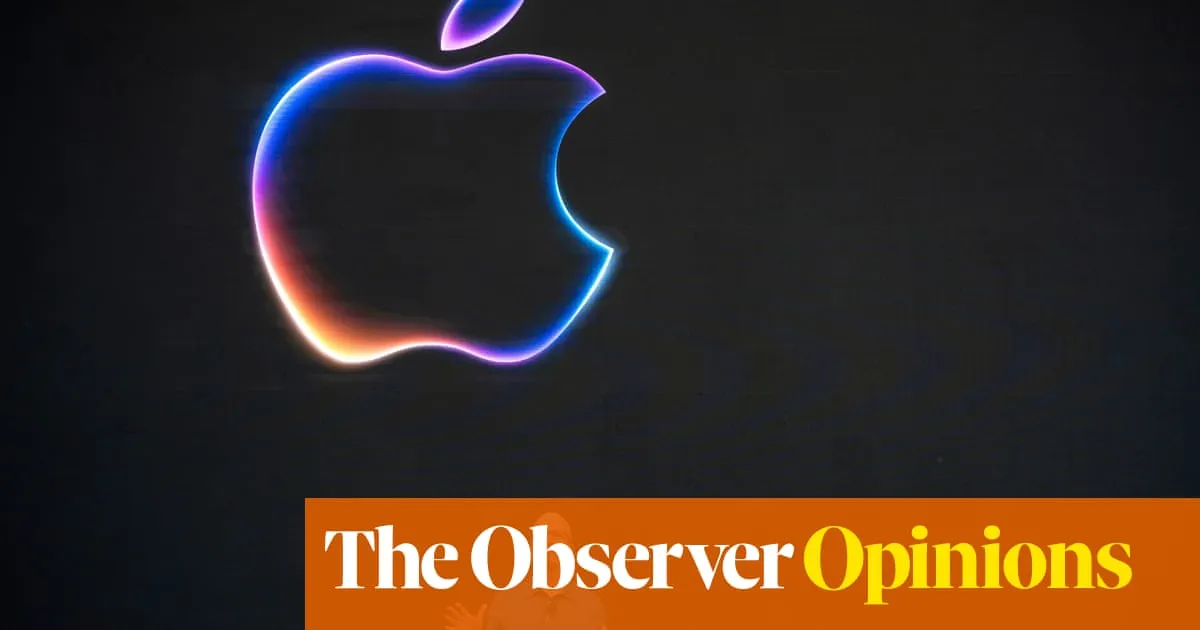
Last year's Apple Worldwide Developer Conference (WWDC) generated immense excitement as the tech giant prepared to unveil its groundbreaking AI capabilities. Anticipation was high, with many expecting Apple to introduce an AI platform that could rival offerings from industry leaders such as Google and OpenAI. While the demonstrations showcased at the event were captivating, the subsequent execution has left both developers and consumers feeling unfulfilled. This has highlighted Apple's broader struggles in implementing effective AI solutions over the past year.
Apple's vision for personalized intelligence has faced significant delays, and the rollout of new tools has been inconsistent. The ambitious promise made by Apple in 2024—featuring a seamless integration of on-device AI, an enhanced Siri experience, and powerful new capabilities for developers—has yet to be fully realized. The much-anticipated updates to Apple Intelligence features experienced a staggered rollout and encountered several obstacles along the way.
One of the most crucial components of this strategy was the personalized version of Siri, which was expected to be a cornerstone of Apple's AI initiative. This context-aware assistant was designed to understand user behavior across various applications. However, the delays in its release have left Apple's AI value proposition looking surprisingly weak. Consequently, developers have been unable to leverage the new AI-powered Siri effectively, and users have been left disappointed with the assistant's inability to perform promised in-app actions.
The absence of a fully functional AI-powered Siri represents a lost opportunity for developers, who could have created more interactive and intelligent app experiences. For consumers, it signifies another unfulfilled promise from Apple, raising concerns about how competitive the company's AI offerings truly are in comparison to formidable rivals like OpenAI, Google, and Microsoft.
As we approach WWDC 2025, expectations for new consumer-facing features in Apple Intelligence are more tempered than they were last year. Developers and analysts are primarily hoping for incremental improvements rather than major breakthroughs. There is a collective desire for smoother integration of AI into native applications and tools that genuinely empower developers to utilize the AI capabilities Apple is developing.
One of Apple's most promising opportunities lies in enhancing AI-assisted app development. The emergence of tools like Cursor, Replit, and Bolt.new has made code generation significantly easier, allowing developers—and even non-developers—to bring their ideas to life more swiftly. AI-powered applications have effectively utilized the web as a distribution platform, with ChatGPT gaining considerable traction before launching native apps for both iOS and Android.
In addition, platforms like WordPress, Hostinger, Canva, and Figma enable non-technical users to create simple apps using natural language prompts. Apple must modernize its approach to app development by introducing new AI tools that allow a broader range of developers to create and publish apps on the App Store. This would not only enrich the iOS app ecosystem but also open new revenue streams for Apple, especially as its App Store income faces potential threats.
While Apple has made several announcements regarding new tools, many remain unfulfilled. One notable example is Swift Assist, a coding assistant for Xcode, which was showcased last year but has not yet been widely released. Additionally, Apple is reportedly developing an Anthropic-powered AI coding tool and plans to provide developers with access to its AI models, aiming to lower the barriers for building iOS applications.
However, there are significant challenges on the horizon. The web's dominance as an application distribution platform and new regulations that prevent Apple from charging fees for external payments pose serious concerns. In April, Judge Yvonne Gonzalez Rogers mandated that Apple remove restrictions related to linking to outside payment methods for digital purchases in apps on the U.S. App Store. More critically, this ruling prohibits Apple from charging any fees for these types of transactions.
A recent U.S. court ruling rejected Apple's appeal to delay the implementation of this decision, potentially prompting developers to encourage customers to purchase subscriptions and add-ons outside of the App Store, possibly at lower rates than those offered within the store. This development could lead to increased regulatory scrutiny on Apple and pressure to reduce App Store fees for third-party payments.
Earlier this week, Apple reported generating $1.3 trillion in billings and sales in 2024, with 90% of that value created without Apple receiving a commission. Even a small percentage of the remaining $130 billion represents a substantial revenue opportunity for the company. In light of these challenges, Apple must reaffirm the value of its ecosystem and find innovative ways to enhance its App Store offerings.
As WWDC 2025 approaches, Apple finds itself in a unique position where it must present a compelling narrative about its future. With its AI ambitions being tested by more agile competitors and shifting legal landscapes, Apple must prove that it can deliver on its AI promises for both end users and the developers who sustain its ecosystem. In a rapidly evolving technological landscape, Apple cannot afford to fall behind.